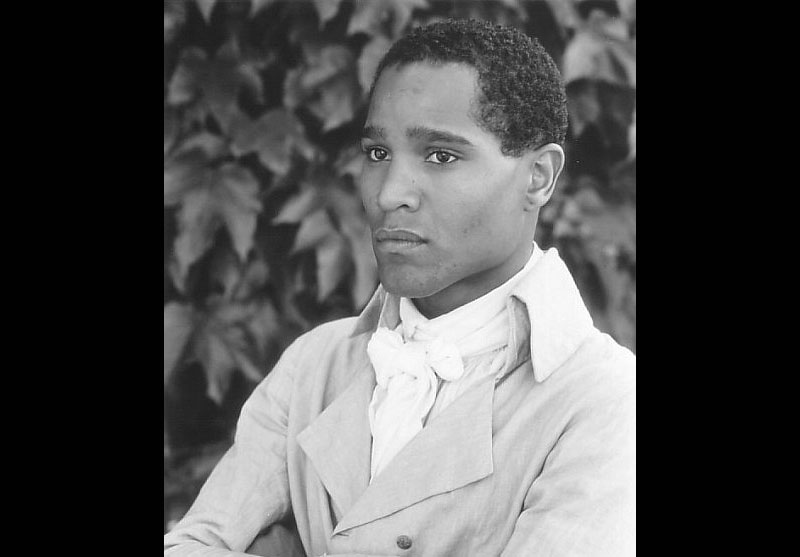We’re away until January 4, but we’re reposting some of our favorite pieces from 2020. Enjoy your holiday!
Among his many claims to distinction, Thomas Jefferson can be regarded as America’s first connoisseur. The term and the concept emerged among the philosophes of eighteenth-century Paris, where Jefferson lived between 1784 and 1789. As minister to France he gorged on French culture. In five years, he bought more than sixty oil paintings, and many more objets d’art. He attended countless operas, plays, recitals, and masquerade balls. He researched the latest discoveries in botany, zoology and horticulture, and read inveterately—poetry, history, philosophy. In every inch of Paris he found something to stir his senses and cultivate his expertise. “Were I to proceed to tell you how much I enjoy their architecture, sculpture, painting, music,” he wrote a friend back in America, “I should want words.”
Ultimately, he poured all these influences into Monticello, the plantation he inherited from his father, which Jefferson redesigned into a palace of his own refined tastes. More than in its domed ceilings, its gardens, or its galleries, it was in Monticello’s dining room that Jefferson the connoisseur reigned. Here, he shared with his guests recipes, produce, and ideas that continue to have a sizable effect on how and what Americans eat.
from The Paris Review https://ift.tt/38zH845

Comments
Post a Comment